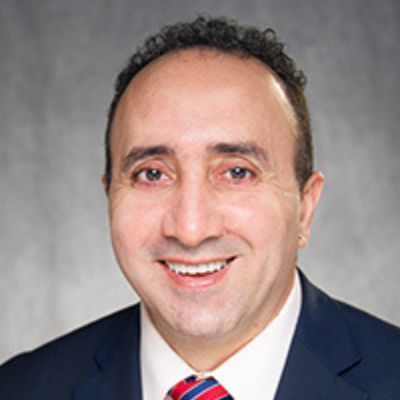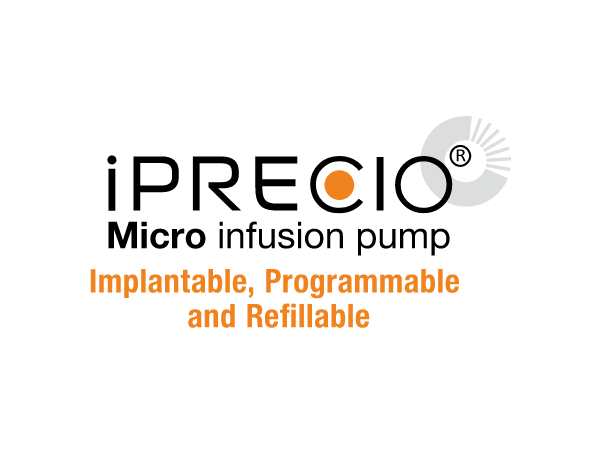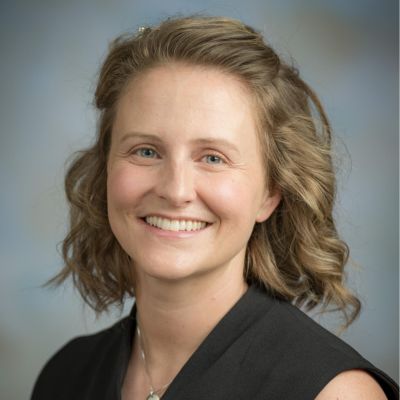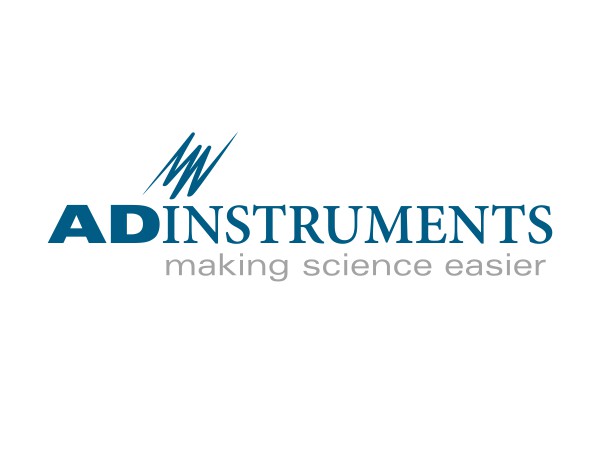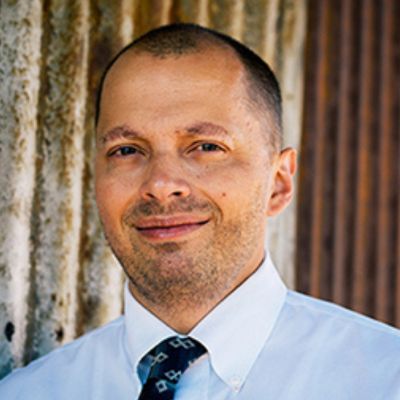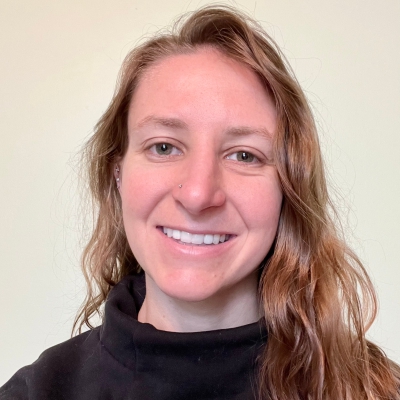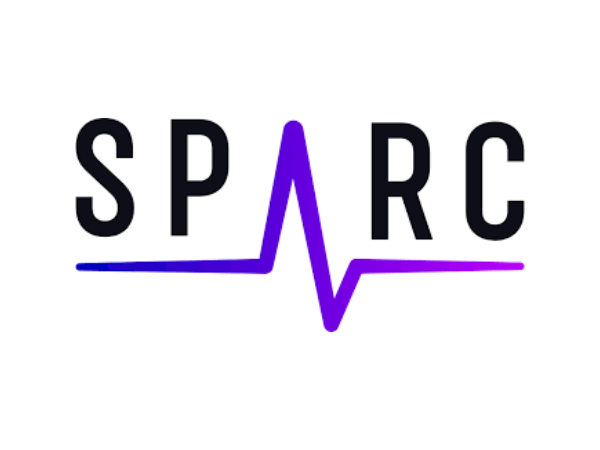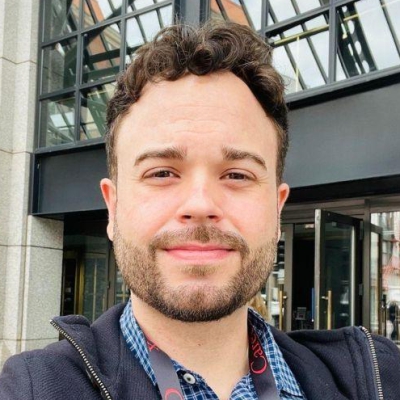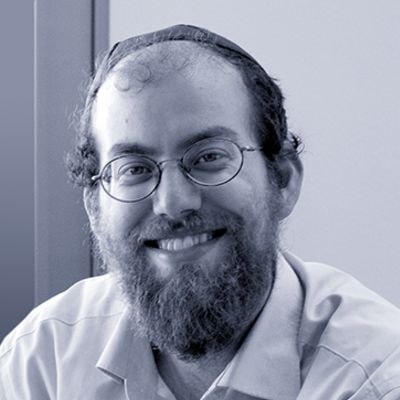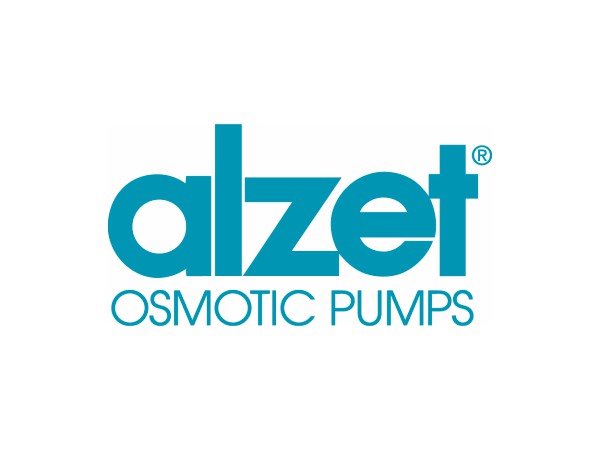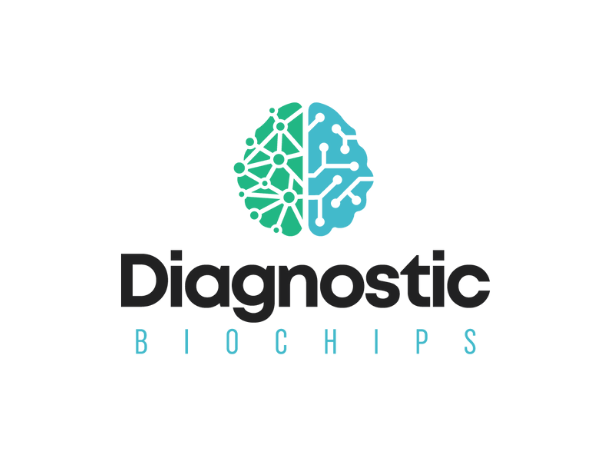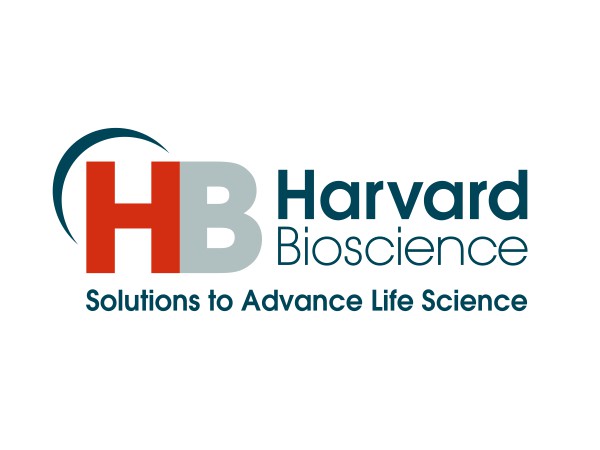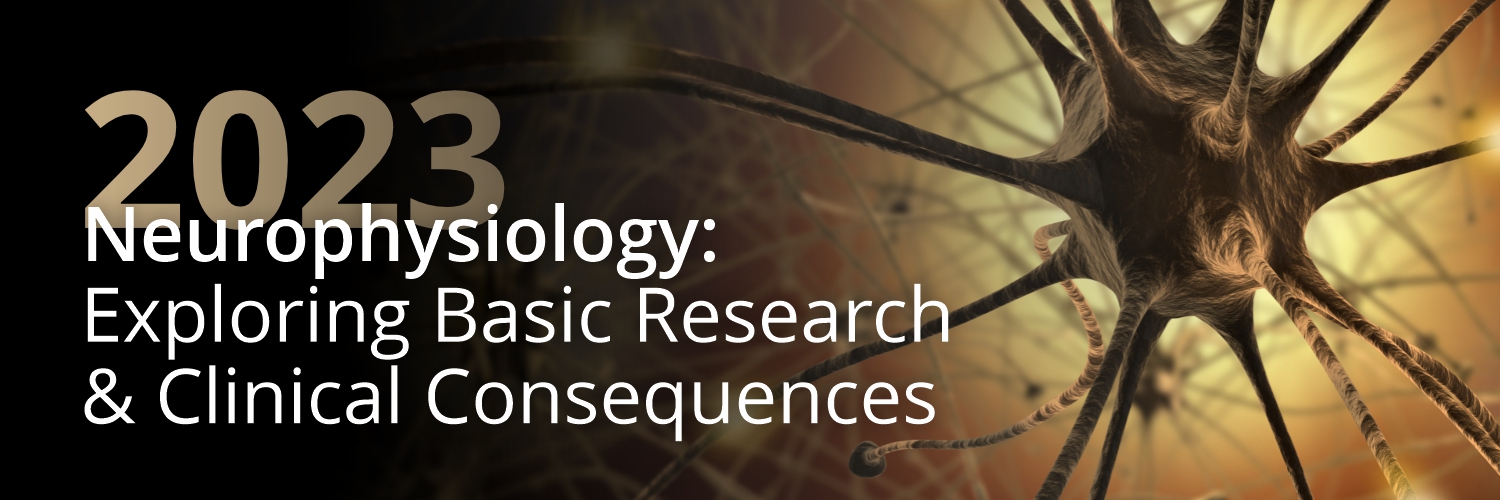
Neurophysiology: Exploring Basic Research & Clinical Consequences
The American Physiological Society (APS), Society for Neuroscience (SfN), Federation of European Neuroscience Societies (FENS), American Autonomic Society (AAS), and InsideScientific are pleased to announce a joint webinar series covering late-breaking research, novel discovery, fundamental principles, and research innovation in the field of neuroscience and related disease models.
This program of interactive live events includes scientific lectures from leading researchers around the world, as well as technology and methods sessions focused on innovative laboratory techniques central to neuroscience research and related models of disease.
Topics
Neurodegenerative Diseases
Brain Mapping
Sleep Research
Behavioral Neuroscience
Mental Disorders
Neurotrauma
Autonomic Regulation
Series Presentations
Integrative Physiological Responses to Exercise-Heat Stress: Sex as a Biological Variable
NOW AVAILABLE ON-DEMAND
Original Air Date: THUR, SEPT 7, 2023
Content Partner: American Physiological Society
This webinar summarizes the integrative physiology of responses to exercise-heat stress and discusses implications for athletes and the military.
Key learning objectives:
- The autonomic nervous system is an important integrator of responses to regulate body temperature and blood pressure in humans
- In women, reproductive hormones (estradiol and progesterone) can alter thermoregulatory and cardiovascular responses during exercise-heat stress
- Differences between men and women in thermoregulation in the heat do not appear to result in differences between the sexes in risk of heat illness, particularly in a military context
Nisha Charkoudian, PhD
Division Chief
Thermal & Mountain Medicine Division
US Army Research Institute of Environmental Medicine
Autonomic Regulation of Metabolic and Cardiovascular Functions in Health and Disease
NOW AVAILABLE ON-DEMAND
Original Air Date: WED, SEPT 13, 2023
Content Partner: American Autonomic Society
This webinar explores the work of Kamal Rahmouni, PhD on the fundamental processes mediating autonomic nervous system control of energy homeostasis and cardiovascular function in health and disease.
Key Topics Include:
- Understand how the sympathetic and parasympathetic branches of the autonomic nervous system regulate metabolic and cardiovascular functions
- Depict the cellular and molecular mechanisms within the brain that determine sympathetic and parasympathetic activity
- Explain the biological processes underlying crosstalk between metabolism and the cardiovascular system
- Describe how obesity impacts cardiovascular health
Kamal Rahmouni, PhD
Professor of Neuroscience and Pharmacology,
University of Iowa
New Horizons: Gonadotropin-Releasing Hormone and Cognition
NOW AVAILABLE ON-DEMAND
Original Air Date: WED, SEPT 20, 2023
Sponsor: Primetech, makers of iPrecio Micro Infusion Pumps
This webinar dives into the development and establishment of the gonadotropin-releasing hormone (GnRH) system and the importance of its first postnatal activation.
Key Topics Include:
- Realizing that the hypothalamus plays a vital role in the control of sensory and cognitive functions
- Learning about minipuberty and its key role in brain development
Vincent Prevot, PhD
Research Director and Laboratory Head,
Lille Neuroscience & Cognition
Inserm
Impact of Sleep and Circadian Disruption on Human Health and Disease Risk
NOW AVAILABLE ON-DEMAND
Original Air Date: WED, SEPT 27, 2023
Content Partner: American Physiological Society
This webinar explains the links between sleep and circadian disruption and cardiovascular and metabolic health.
Key Topics Include:
- Sleep and health are linked
- Not getting enough sleep or sleeping at the wrong time increases the risk for many diseases
- Prioritizing sleep duration and quality should be a focus to promote optimal health
Josiane Broussard, PhD
Associate Professor
Health and Exercise Science
Colorado State University
Evaluation of Novel Therapies Using Spontaneous Seizure Models
NOW AVAILABLE ON-DEMAND
Original Air Date: WED, OCT 4, 2023
In this webinar, Cameron Metcalf, PhD covers the technical requirements and benefits of spontaneous seizure models, addressing the challenges and optimization of 24/7 video-EEG data collection for epilepsy therapy development.
Key Topics Include:
- Understand technical and scientific requirements for models of spontaneous seizures
- Understand costs/benefits of implementing spontaneous seizure models for therapy development
- Understand the burden of video-EEG data collection, as well as potential solutions for optimizing studies
Cameron Metcalf, PhD
Research Assistant Professor
Pharmacology and Toxicology
University of Utah
Katrina Irey, BS
Kaha Sales Specialist
North American Sales
ADInstruments, Inc.
Implantable Circuit-Specific Treatments for Autonomic Dysfunction
AVAILABLE ON-DEMAND SOON
Original Air Date: WED, OCT 11, 2023
Content Partner: American Autonomic Society
In this webinar, Dr. Aaron Phillips presents his research on the neural mechanisms of hemodynamic stability.
Key Topics Include:
- Understand the neural mechanisms of hemodynamic stability
- Appreciate the value of translational preclinical models for mechanistic insight and successful translation of findings to humans
- Understand the novel tools available for computational and causal interrogation of the neural mechanisms of hemodynamic instability
- Understand the value of “big data” in the context of both preclinical and clinical neuro-hemodynamic research
- Understand hemodynamic instability in the context of neurological injury
- Understand the capacity of neurostimulation as a treatment for hemodynamic instability after neurological injury
Aaron Phillips, PhD
Associate Professor
Physiology and Pharmacology
University of Calgary
From Models to Heartbeats: Computational Design of Vagus Nerve Stimulation for Cardiac Health
NOW AVAILABLE ON-DEMAND
Original Air Date: WED, OCT 18, 2023
In this webinar, Max Haberbusch, PhD and Esra Neufeld, PhD explore closed-loop cardiac rhythm control restoration in heart-transplant patients from model development to in silico regulatory evidence for safety and efficacy trials.
Key Topics Include:
- The dynamics of cardiovascular regulation after heart transplantation
- The development of therapeutic bioelectronic devices for information-maximized sensing and selective stimulation
- Model-based control of neural interfaces
- Open and FAIR neurosciences, with a particular focus on reproducible, sustainable, and integrative computational modeling (illustrated through the integration of independently developed neural interface and cardiovascular regulation models)
Max Haberbusch, PhD
Research Associate
Center for Medical Physics and Biomedical Engineering
Medical University of Vienna
Esra Neufeld, PhD
Associate Director and Head
Computational Life Sciences
IT’IS Foundation
Systemic and Intraspinal Pathology and Repair After Spinal Cord Injury in Rodents
NOW AVAILABLE ON-DEMAND
Original Air Date: WED, OCT 25, 2023
Content Partner: Society for Neuroscience
In this webinar Dana McTigue, PhD, discusses her research on spinal cord injury in rodents and its resulting pathological features in lower organs.
Key Topics Include:
- Understanding that spinal cord injury negatively impacts the entire body beyond the lack of walking ability
- Understanding what oligodendrocyte progenitors are and their role after spinal cord injury
- Understanding that spinal cord injury causes metabolic syndrome in rodents and humans and that this contributes to the shortened lifespan in people with spinal cord injury
Unveiling the Primate Brain: Advanced Insights through Ultra-Dense Electrophysiology
NOW AVAILABLE ON-DEMAND
Original Air Date: WED, NOV 1, 2023
Sponsor: Diagnostic Biochips
In this webinar, Drs. Kari Hoffman, André Bastos, and Thilo Womelsdorf present their research on the neurophysiological basis of learning, cognition, and sensory processing, including attention and connectivity between brain regions in non-human primates. Understanding the neural basis of primate cognition involves measuring interactions with the environment and dissecting both local microcircuit dynamics and long-range cortical interactions.
Kari Hoffman, PhD
Associate Professor
Psychological Sciences
Vanderbilt University
André Bastos, PhD
Assistant Professor
Psychological Sciences
Vanderbilt University
Thilo Womelsdorf, PhD
Professor of Psychology
Attention Circuits Control Lab
Vanderbilt University
Cellular Brain Repair for Parkinson’s Disease: Is the Answer in the (Biomaterial) Matrix?
NOW AVAILABLE ON-DEMAND
Original Air Date: WED, NOV 8, 2023
Content Partner: FENS
This webinar highlights recent data from Eilís Dowd’s lab that demonstrates how dopaminergic cell replacement in the Parkinsonian rodent brain, using both fetal and induced stem cell-derived cells, is enhanced when the cells are transplanted in a neurotrophin-enriched collagen hydrogel.
Key Topics Include:
- The challenges facing cells transplanted into the Parkinsonian brain in brain repair approaches
- How biomaterials have the potential to overcome these challenges
- Awareness of the extent to which biomaterials can improve brain repair by enhancing the survival and maturation of cells transplanted into the brain
Eilís Dowd, PhD
Professor
Pharmacology & Therapeutics
University of Galway
Measuring Neuronal Activity and Vascular Physiology in the Human Brain Using High-Resolution Functional Magnetic Resonance Imaging
NOW AVAILABLE ON-DEMAND
Original Air Date: WED, DEC 6, 2023
Content Partner: American Physiological Society
This webinar provides a deep dive into the physics and physiology of functional Magnetic Resonance Imaging (fMRI).
Key Topics Include:
- How fMRI measures brain function by tracking hemodynamic changes caused by active vascular responses to neuronal activity
- Current understanding of the spatial and temporal resolution of hemodynamics-based functional imaging methods such as fMRI
- How vascular anatomy and physiology shape or influence the fMRI signals, and how this can be taken into account when analyzing and interpreting fMRI data
- How explicit models of realistic vascular anatomy and dynamics can help infer underlying neuronal activity using fMRI
- How fMRI can be used to measure vascular dysfunction in neurological disease
Jonathan Polimeni, PhD
Associate Investigator/Assistant Professor of Radiology
Athinoula A. Martinos Center for Biomedical Imaging
Massachusetts General Hospital/Harvard Medical School
Compensatory Mechanisms in Parkinson’s Disease
NOW AVAILABLE ON-DEMAND
Original Air Date: WED, JAN 17, 2024
Content Partner: FENS
This webinar reviews compensatory mechanisms, including cerebral plasticity and behavioral adaptation, in people with Parkinson’s disease.
Key Topics Include:
- The clinical phenotype of Parkinson’s disease is shaped not just by neurodegeneration in the basal ganglia, but also by adaptive neuroplasticity taking place in other intact brain areas
- People living with Parkinson’s disease show a remarkable ability to overcome their motor and non-motor deficits by developing a wide range of compensatory strategies
- Recognizing these different types of compensatory strategies opens exciting new avenues for innovative therapies, both as symptomatic treatment for people with Parkinson’s disease, and perhaps also as a disease-modifying strategy
Bastiaan Bloem, MD
Professor of Neurology
Radboud University Medical Centre
Organoid Meets Microelectrode Array (MEA) – Accelerating Drug Discovery and Development
NOW AVAILABLE ON-DEMAND
Original Air Date: WED, JAN 24, 2024
Sponsor: Multi Channel Systems, an affiliate of Harvard Bioscience
In this webinar, Dr. Sven Schönecker and Sara Mirsadeghi, MSc, will discuss 3D Mesh Microelectrode Arrays (MEA) including new developments and applications.
Key Topics Include:
- Why organoids? – Advancements and alternative models to support the 3R’s (replace, reduce, refine) of animal models
- How did we get here? – Understand the challenges of 2D electrodes and the introduction of the 3D Mesh MEA
- Benefits of the platform – Electrophysiology simplified…simple integration and flexibility using a universal, well-established platform
- It’s all possible – Cell culture, slices, organoids, implantation, and beyond
Sven Schönecker, PhD
Global Product Manager
Multi Channel Systems
Sara Mirsadeghi, MSc
Ph.D. student/Research Assistant
University of Texas at San Antonio (UTSA)
Updates in Chronic Traumatic Encephalopathy (CTE)
NOW AVAILABLE ON-DEMAND
Original Air Date: WED, JAN 31, 2024
Content Partner: Society for Neuroscience
Dr. Ann McKee describes the emergence of chronic traumatic encephalopathy (CTE) as a distinct disease over the past 20 years.
Key Topics Include:
- Computational 3-D and finite element models predict the location of p-tau pathology as the brain regions that undergo the greatest mechanical deformation during head impact injury. CTE is definitively diagnosed by postmortem neuropathological examination; what is the corresponding clinical condition syndrome known as Traumatic Encephalopathy Syndrome (TES)?
- Is there a dose-response relationship between repetitive head impacts (RHI) and CTE?
- Is there a causal relationship between cumulative and magnitude of RHI and CTE?
- What are other non-tau pathologies that occur after RHI?
Ann McKee, MD
Professor of Neurology and Pathology
Boston University
Program Sponsorship
Select sponsorship and program support packages will be available for the Neurophysiology webinar series.
Advertising and brand awareness packages will provide targeted exposure to registrants and webinar attendees. A limited number of promotional packages are available for this program and will be confirmed on a first-come-first-served basis.
For information, please email info@insidescientific.com. Current Series Sponsors and Partners can be found here.

